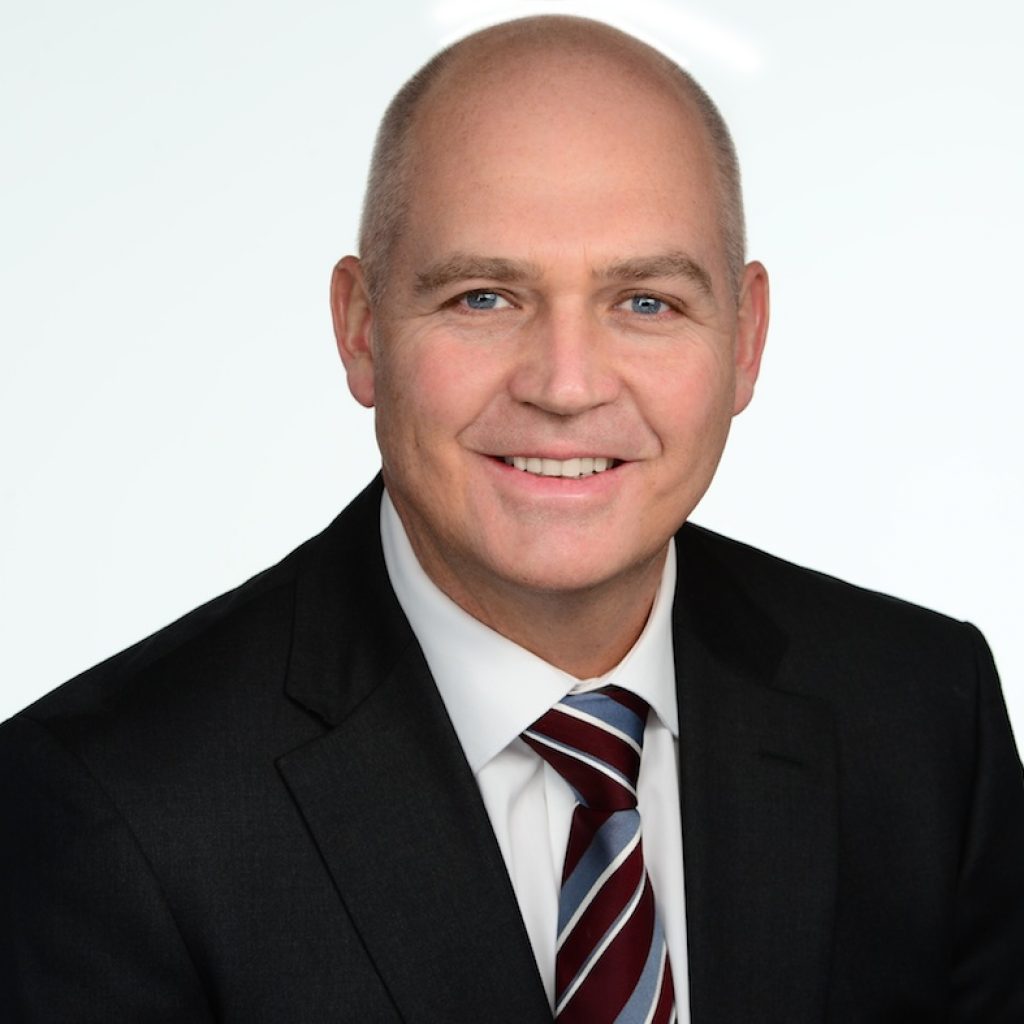As a health related for-purpose organisation, the role of MS Research Australia is not only to fund research, its key role is to educate, advocate, facilitate, simplify, publish, explain, cajole and support MS research activities ultimately for the benefit of people personally affected by MS.
It was in the advocacy and education role that the MS Research Australia CEO, Matthew Miles, was recently invited to Canberra to present to the GO8 Deans of Medical Faculties. The GO8 comprises the leadership of the 8 largest and most research- intensive universities in Australia including some of our most recognisable institutions – the University of Melbourne, Monash University, UQ, University of Sydney and UNSW.
On the agenda was the governmental drop in funding of MS research, the Medical Research Future Fund and how we could work together to plug the “significant funding gaps in multiple sclerosis research” in Australia.
A recent analysis revealed that the funding gap- the amount of MS research that is currently funded by MS Research Australia versus what needs to be funded will soon blow out to over $10 million per annum.
Discussion also turned to the loss of our best and brightest young medical researchers out of the sector completely or to overseas. Not a uniquely MS only phenomenon. Our recent analysis highlighted that around 75% of our MS researchers who had left the profession, moved overseas or changed focus in to other diseases, did so solely because of a lack of funding in MS.
Our field of MS researchers in Australia is simply not large enough (as opposed to large numbers in cancer, diabetes and mental health) to make it through a sustained exodus.
Make no bones about it, in the short and medium-term, this funding gap and the resulting pressure on our researchers is an absolute crisis and it has the capacity to derail the momentum in MS that Australia has built up over a decade .
The GO8 leaders and MS Research Australia resolved to look in to working together to try and increase the funding available for all MS research but to prioritise our support of our most vulnerable MS researchers – our younger post doctoral cohort.







